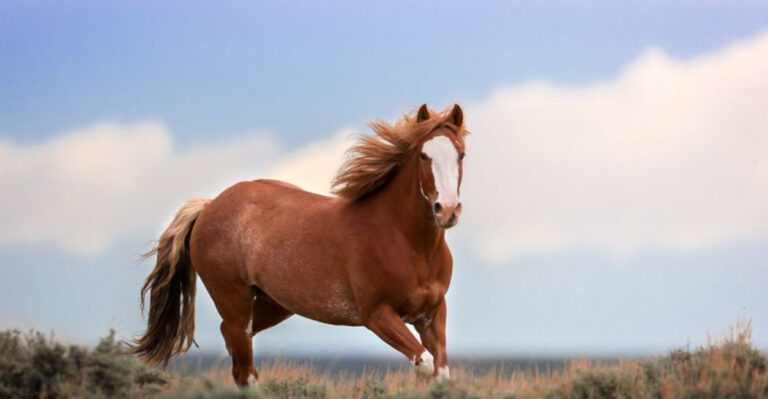8 Ways Elephants Balance Our Ecosystems And What Might Happen If We Lose Them
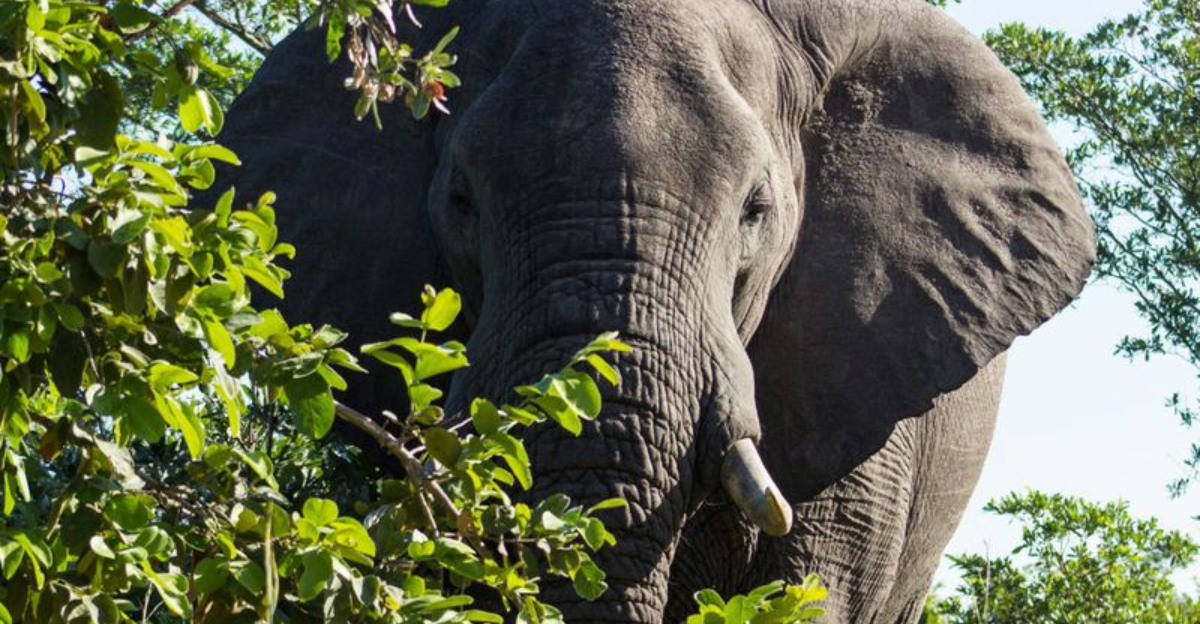
Elephants aren’t just the giants of the animal kingdom – they’re nature’s quiet caretakers. From shaping landscapes to creating water sources, their every move supports life around them.
But what happens when these gentle giants vanish? The ripple effects can be devastating.
1. The Critical Role Of Elephants In Ecosystem Balance
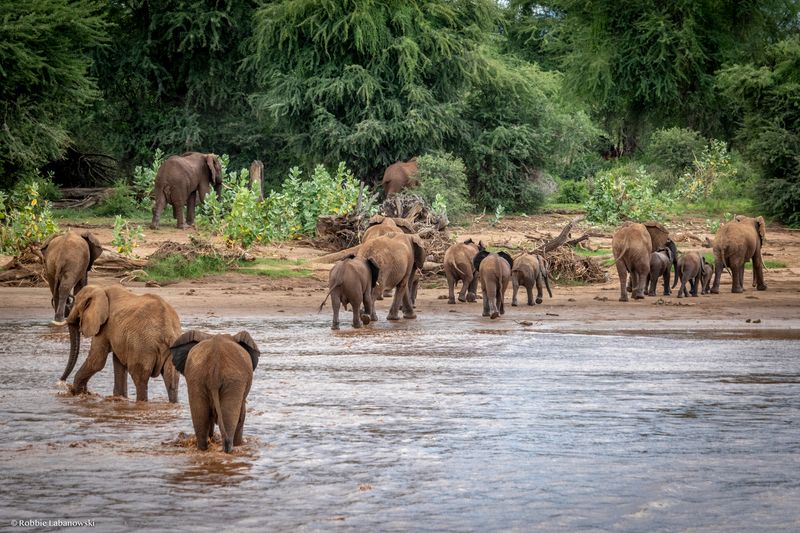
Elephants act as nature’s landscapers, and their activities are crucial for ecosystem harmony. As they wander, they trample dense underbrush and thin out young trees, creating open spaces for new growth. This process supports diverse plant life, providing a habitat for various animal species.
By toppling trees, elephants help maintain the savanna’s balance, allowing grasses to thrive. Their presence is vital in shaping the landscape, ensuring the survival of numerous creatures.
Without elephants, ecosystems would face a reduction in plant diversity and habitat availability, which would threaten the balance and health of these environments. Their role as ecosystem engineers is unmatched, making them indispensable for ecological stability.
2. Loss Of Biodiversity
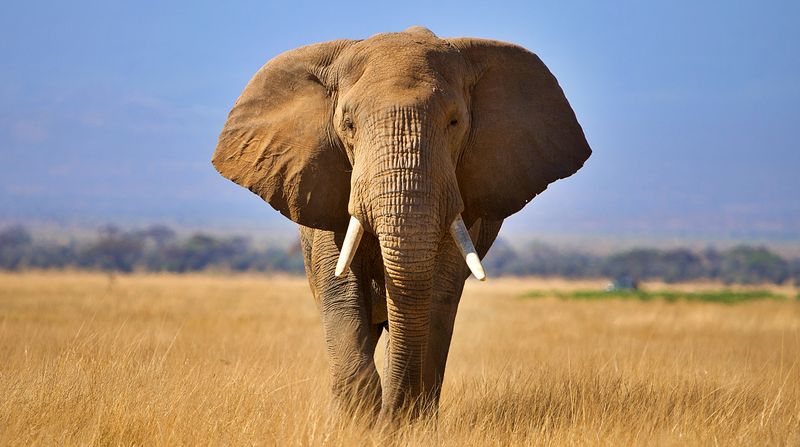
Without the mighty elephant, biodiversity would suffer. These gentle giants help create and maintain watering holes, a critical resource for many animals. By digging in dry riverbeds, they provide vital water sources, which are lifelines during arid seasons.
Elephants are also excellent seed dispersers. As they consume various fruits, seeds pass through their digestive systems and are deposited across the landscape, promoting plant growth. This process is essential for maintaining a diverse and balanced ecosystem.
The absence of elephants would result in fewer water sources and reduced plant variety, directly affecting the biodiversity of the ecosystem, leading to a cascade of ecological consequences. Their role is truly irreplaceable.
3. Shrinking Forests And Woodlands
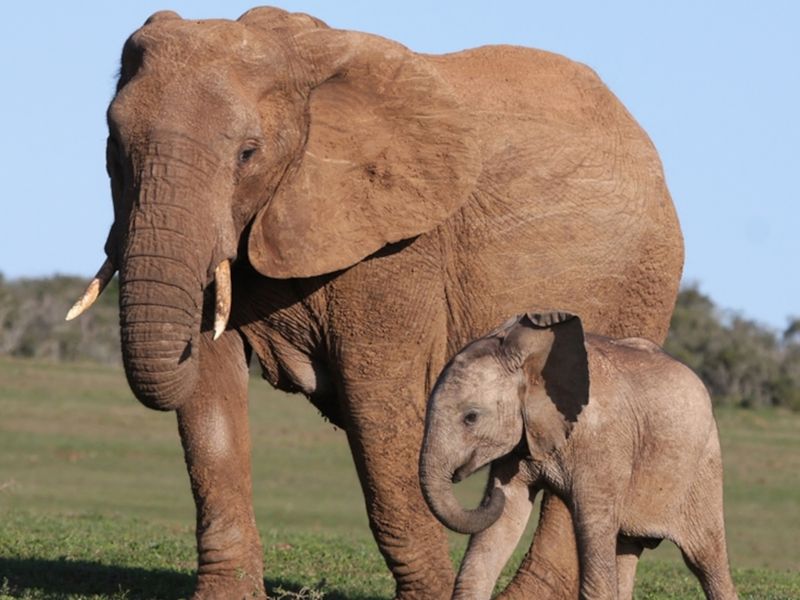
Elephants play a vital role in the health of forests and woodlands. By breaking branches, uprooting trees, and stripping bark, they prevent forests from becoming overly dense. This activity allows sunlight to reach the forest floor, enabling smaller plants to grow and flourish.
The presence of elephants ensures that forests remain dynamic and diverse, preventing them from stagnating. Without these natural activities, forests would become overcrowded, limiting available habitats for other species.
The absence of elephants would disrupt the delicate balance of forest ecosystems, leading to a decline in plant and animal diversity. Their actions are crucial for maintaining the vitality of woodland environments.
4. Decrease In Grasslands
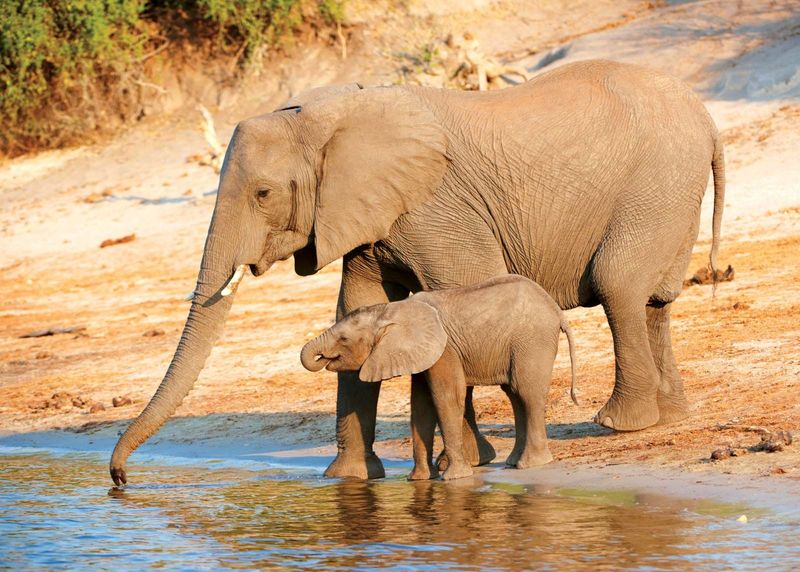
In grasslands, elephants are guardians of open spaces. Their feeding habits prevent certain trees from taking over these critical areas, ensuring that savannas remain open for grazing animals.
Without elephants, forests could overrun grasslands, reducing the area available for species like zebras, buffalo, and antelopes. This change in landscape would have significant implications for the entire food chain, as many animals depend on open grasslands for survival.
The reduction in grazing areas would lead to competition for resources, affecting the balance of these ecosystems. Elephants’ role in maintaining grasslands is vital for the health and stability of the savanna’s intricate web of life.
5. Disruption Of Waterways
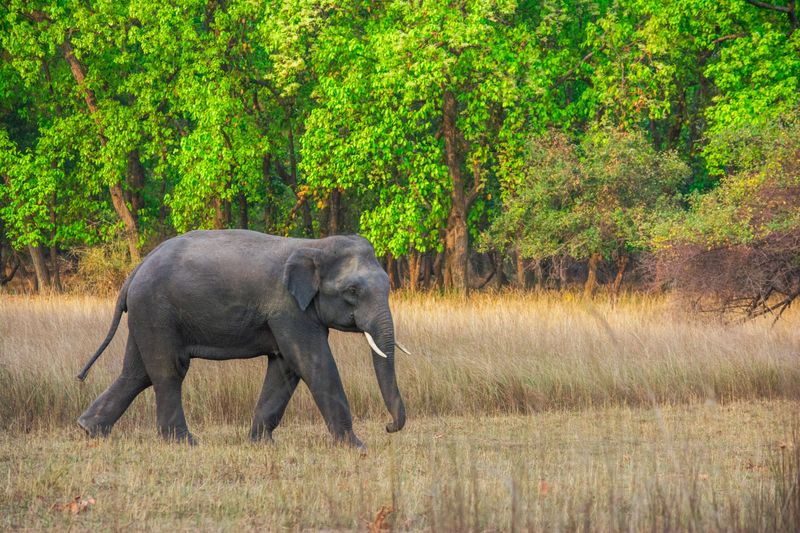
Elephants are unsung heroes in maintaining natural waterways. By digging in riverbeds, they create and sustain waterholes that are crucial during dry seasons. These water sources support countless species, from birds to large mammals, providing hydration and habitat.
Without elephants, many regions would face increased aridity, as natural water sources would diminish. This would lead to water scarcity for numerous animals, impacting their survival and the overall health of the ecosystem.
Elephants’ ability to create and preserve waterholes is essential for life in arid landscapes. Their absence would result in significant challenges for ecosystems that rely on these natural water reservoirs.
6. Imbalance In Other Herbivore Populations
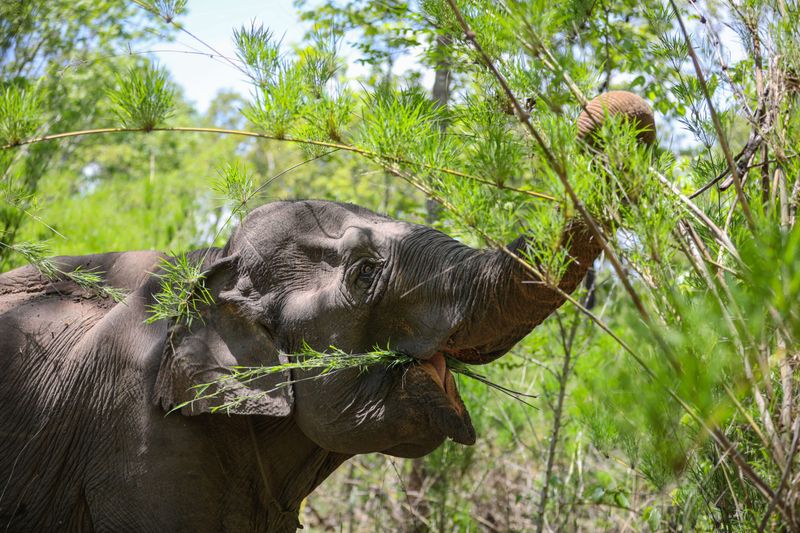
Elephants help regulate the populations of smaller herbivores through their consumption of vast amounts of vegetation. This natural control prevents overgrazing, which can deplete resources and lead to ecological imbalances.
Without elephants, herbivore populations could expand unchecked, causing significant damage to the environment. Overgrazing would reduce plant availability, affecting not only the herbivores but also the predators that depend on them.
This imbalance could have cascading effects throughout the food web, potentially leading to the decline of various species. Elephants are key to maintaining a balanced population of herbivores, ensuring the health and sustainability of their ecosystems.
7. Collapse Of Seed Dispersal Networks
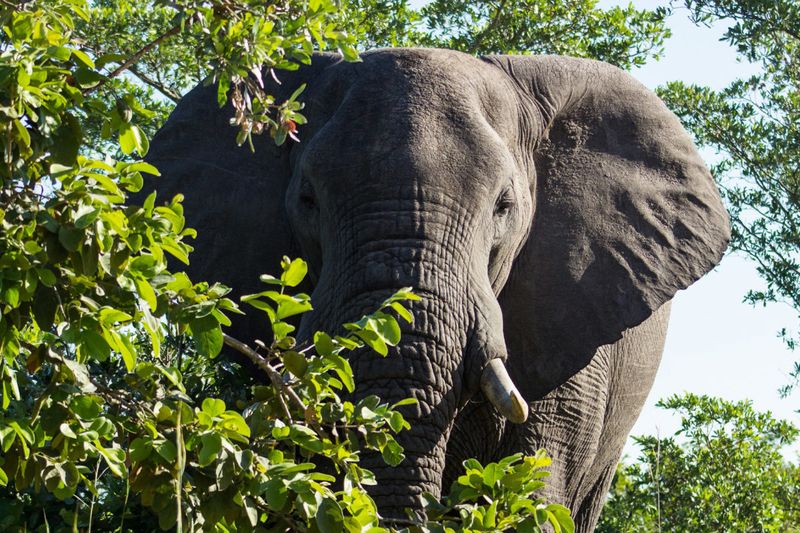
Elephants are known as megagardeners of the forest because of their ability to disperse seeds over long distances. Many large-seeded plants rely specifically on elephants to carry their seeds across the landscape. These seeds often need to pass through the digestive tract of an elephant to germinate successfully.
Without elephants, these plant species could decline or disappear entirely, leading to a less diverse and less resilient plant community. The collapse of this seed dispersal network would have ripple effects on insects, birds, and mammals that rely on those plants for food and shelter. Elephants are one of the few animals capable of maintaining this vital ecological service.
8. Breakdown Of Cultural And Ecological Knowledge
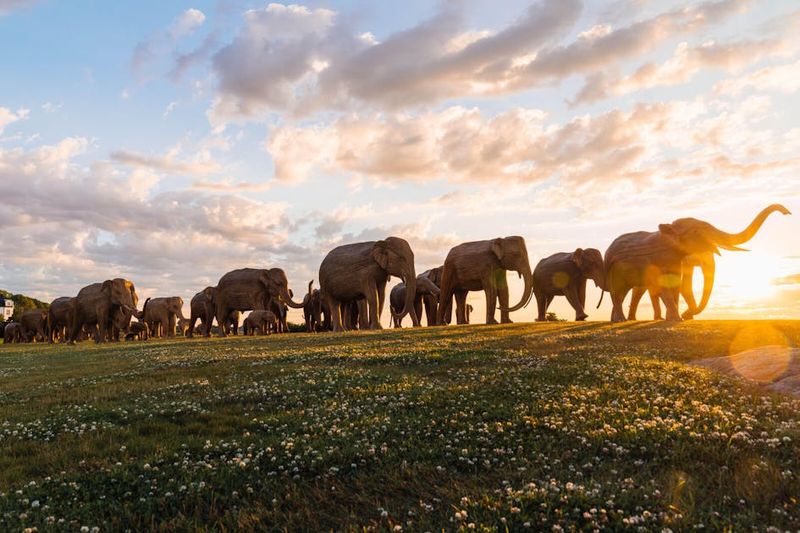
Elephants are not only ecological keystones but also carriers of generational knowledge within their herds. Matriarchs remember the locations of water sources, migration routes, and safe feeding grounds—critical for survival in dry or changing conditions.
If elephant populations decline or family structures collapse, this cultural memory is lost. That loss doesn’t just affect elephants—it disrupts ancient movement patterns that help shape ecosystems, from the timing of seed dispersal to the use of specific habitats. Their migratory wisdom contributes to seasonal ecological cycles, and without it, the natural rhythm of the landscape can falter.

